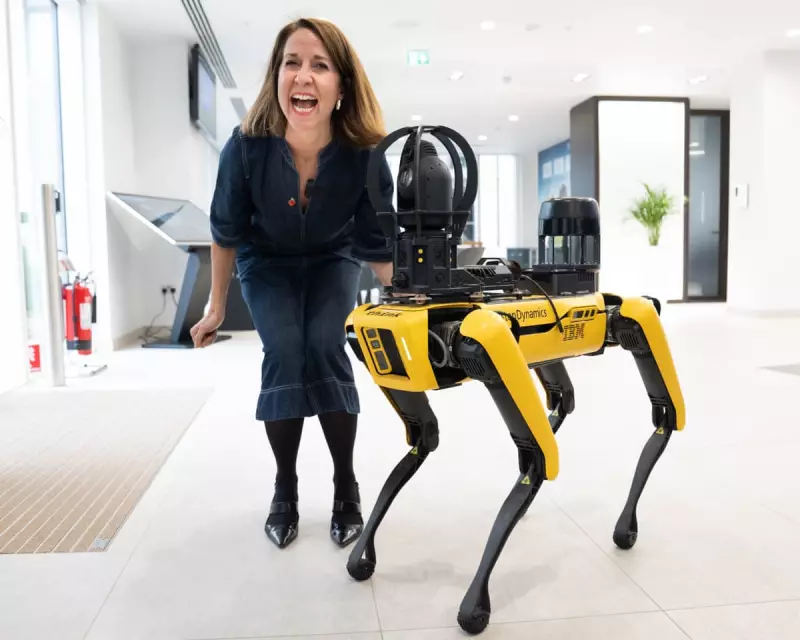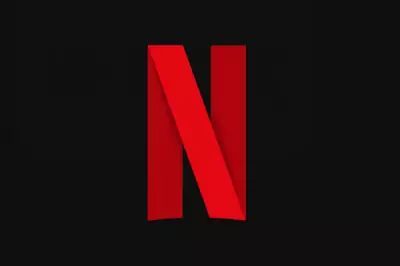
In a significant shift from her predecessor's approach, Science and Technology Secretary Liz Kendall has declared her sympathy for artists and creators demanding payment when their copyrighted works are used to train artificial intelligence systems.
A New Direction for AI and Copyright
The minister, who replaced Peter Kyle in September, indicated she wants to "reset" the debate around AI and intellectual property, acknowledging that "people rightly want to get paid for the work that they do." This marks a notable departure from Kyle's previous position, which had favoured requiring artists to actively opt out of having their work ingested by generative AI systems.
Kendall emphasised the need to find a balanced approach, stating: "We have to find a way that both sectors can grow and thrive in future." She revealed that she and Culture Secretary Lisa Nandy are currently engaging in fresh discussions with both the creative and AI sectors to establish a fair framework.
Creative Industry Backlash and Celebrity Protests
The government's consultation on a new intellectual property framework for AI has sparked passionate opposition from some of Britain's most prominent artistic figures. Large language models (LLMs), which form the backbone of most mainstream AI systems, require enormous amounts of training data to function effectively, often sourced from copyrighted materials without explicit permission or compensation.
This month saw Paul McCartney release a silent two-minute 45-second track of an empty studio on an album specifically protesting against copyright grabs by AI firms. The campaign has garnered support from music legends including Kate Bush, Sam Fender, the Pet Shop Boys, and Hans Zimmer.
In particularly strong criticism, Elton John labelled the UK government "absolute losers" over proposals that would allow tech companies to use copyrighted works without permission, while describing former technology secretary Peter Kyle as "a bit of a moron."
Rebuilding Trust and Moving Forward
Campaigners for artists' rights had expressed concern when Kendall appointed a special adviser in September who had previously stated that "whether or not you philosophically believe the big AI firms should compensate content creators, they in practice will never legally have to."
However, Kendall moved to distance her government from these remarks, asserting: "Views before you come to work for the government are not the views of the government. We're going to find a deal that helps us move forward together."
The minister also recognised the creative sector's demand for transparency about whether their work has been used to train AI systems, identifying this as crucial to enabling proper payment mechanisms.
In a significant development last month, AI company Anthropic released a searchable database of approximately 500,000 books used to train its models following a $1.5 billion legal settlement. This allows authors to check if their work has been used and claim payment of around $3,000.
Film director and crossbench peer Beeban Kidron welcomed Kendall's approach, noting she had "made clear that she has recognised the need for creators to protect their property and livelihood." However, Lady Kidron cautioned that the government had "lost the trust of the entire creative community" and the public, who overwhelmingly support fair compensation for creative work.
Kidron called for immediate government action, including:
- Ceasing public sector deals with AI companies involved in copyright disputes
- Requiring AI firms to be transparent about training data sources
- Securing commitments from companies to respect copyright
While acknowledging the urgency felt by creatives, Kendall emphasised the need for careful consideration: "I understand why many creatives are urging us to act immediately because so much has happened already. But we've got to get this right... there's a lot of detail to work out here."
The government is expected to release an initial report on its AI intellectual property plans before the end of the year, with a more comprehensive report due by March 2026.





